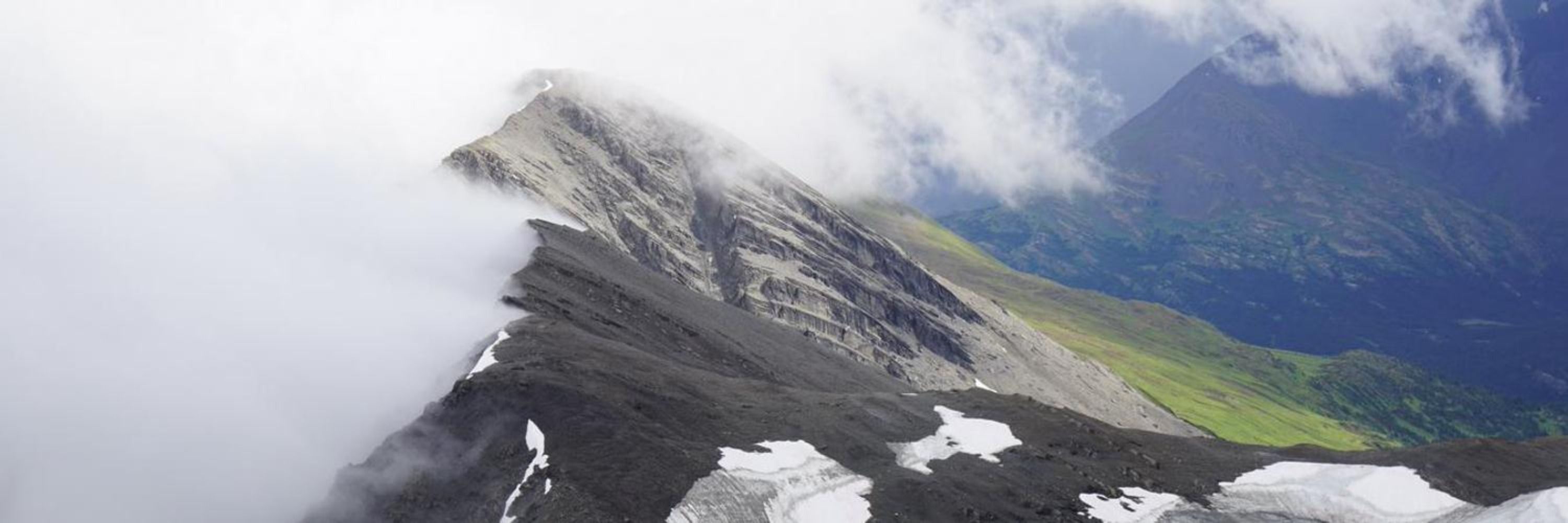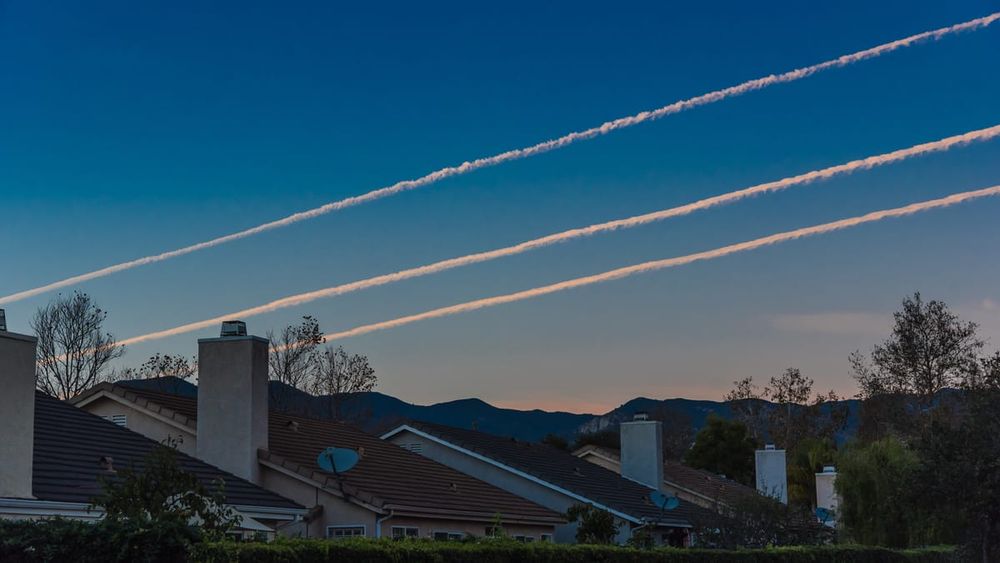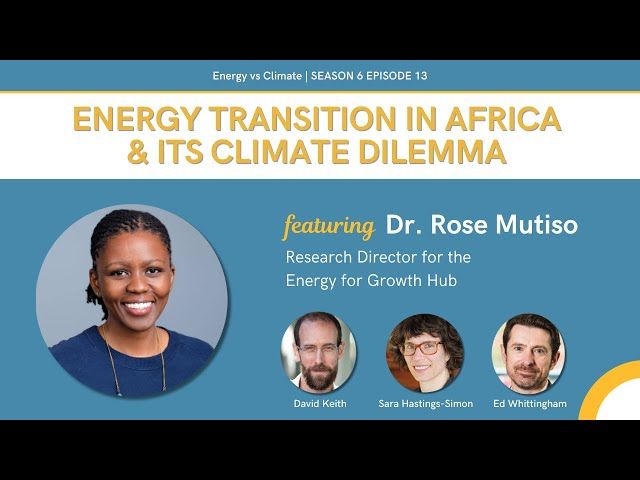
Climate science and technology policy since 1989. Building Climate Systems Engineering at UChicago. Founded Carbon Engineering. Work interferes with my climbing.
Read about me and my work at https://davidkeith.earth/
David W. Keith is a professor in the Department of the Geophysical Sciences at the University of Chicago. He joined the University of Chicago in April 2023. Keith previously served as the Gordon McKay Professor of Applied Physics for Harvard University's Paulson School of Engineering and Applied Sciences (SEAS) and professor of public policy for the Harvard Kennedy School at Harvard University. Early contributions include development of the first atom interferometer and a Fourier-transform spectrometer used by NASA to measure atmospheric temperature and radiation transfer from space. .. more
Reposted by Katharine Hayhoe

People typically resort to ad hominem attacks when their factual and ethical arguments are weak.
Ray: you should do better.


My prior NYT op-ed's on this topic: davidkeith.earth/the..., and www.nytimes.com/2008...
4/4
3/4
This rule has two useful consequences.
2/4

Here's my short blog post on the topic: davidkeith.earth/pre...
1/4
Reposted by David W. Keith, Dominik Wiedenhofer, Stacy D. VanDeveer

Reposted by David W. Keith, Alfonso Fernández

SRM360 is an independent knowledge hub supporting evidence-based discussion on #SunlightReflectionMethods (SRM). As climate challenges grow, we aim to bridge the gap between complex science and public understanding. #SRM #climatescience
Reposted by David W. Keith

www.energyvsclimate.com/new-york-tim...
Ken Caldeira, Cael, and I invite submissions for an AGU session assessing potential harms from limited deployment. agu.confex.com/agu/agu25/pr...

Here's Holly on our pod: www.energyvsclimate....

Rose's Ted Talk on the subject is also a must watch: youtu.be/77HUdJ7Tij0...


